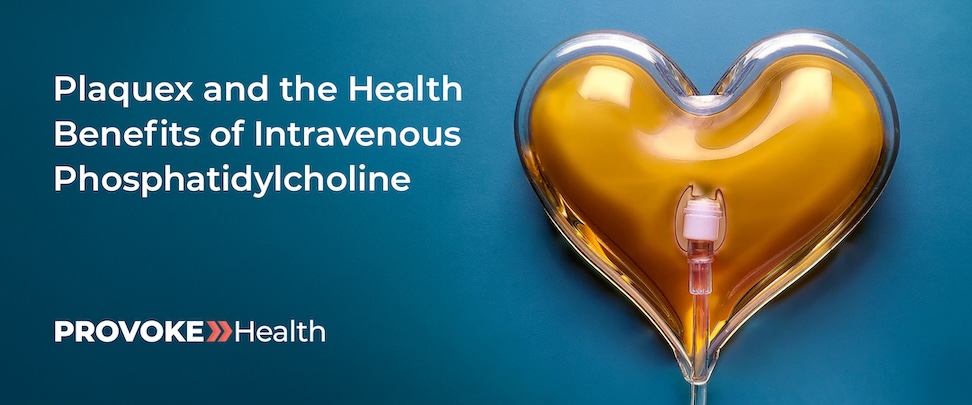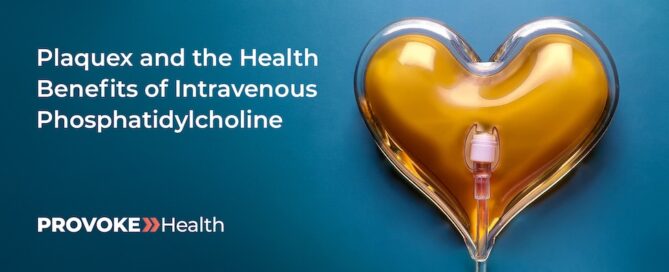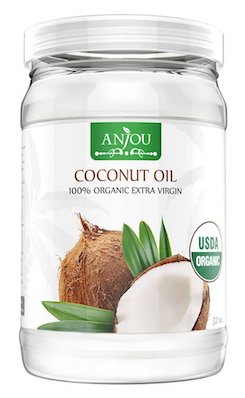Plaquex and the Health Benefits of Intravenous Phosphatidylcholine
Recently here at PROVOKE Health, we began offering Plaquex to some of our patients as part of their personalized plan of care. Plaquex is a special formulation of phosphatidylcholine delivered intravenously. Phosphatidylcholine is an essential phospholipid found in cell membranes that is gaining traction in medical and wellness circles for its potential therapeutic benefits.
Administered intravenously, phosphatidylcholine has been used and studied widely for its role in cellular repair, detoxification, and cardiovascular health.

But let’s apply the brakes for a second. Before we go any further, you need to know that while some healthcare providers claim on their websites and in their marketing materials that Plaquex is FDA approved, it is not.
However, its primary ingredient is phosphatidylcholine, which is recognized as safe by the FDA for use in a number of areas, including in food and dietary supplements. That’s because phosphatidylcholine is a naturally occurring phospholipid found in many foods and is not subject to the same stringent approval process as a drug when used in this context.
For that reason, phosphatidylcholine has been used in nearly a quarter of all other countries around the world, primarily to reduce the buildup of plaque in the arteries.
In our clinical practice here at PROVOKE Health, we have found it useful in our treatment of the following conditions: Continue reading…




